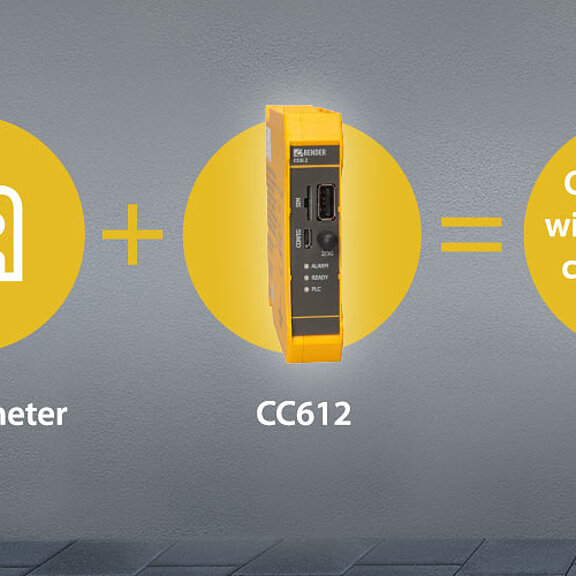

In short, calibration law requires that all components involved in the collection and processing of measured values up to the invoice amount must be trustworthy, or at least that it must be possible to check the invoice exclusively on the basis of trustworthy components.
Fulfilling this requirement for all components from the meter and controller in the charging station to the various backends and to the invoice is technically not possible and not proportionate.
Therefore, a few providers take the approach of enabling invoice verification directly at the charging station through a trusted and audited device.
As an alternative, it is also possible to use a trusted device in the charging station to sign the necessary measured values in a trusted manner and transmit them signed. The transmitted values become part of the invoice and can be checked with the help of software supplied by the manufacturer, the so-called transparency software.
The S.A.F.E. Initiative, which was originally founded by the Physikalisch-Technische Bundesanstalt, has already been joined by 30 companies, including several charging station manufacturers.
The aim of S.A.F.E. is to make the charging of an electric vehicle at the charging station legally secure (in compliance with calibration law).
The key topics are:
The Austrian company has·to·be and ebee Smart Technologies from Berlin, a subsidiary of Bender, is involved in the development of the transparency software. This manufacturer-independent transparency software for electromobility makes it possible to carry out the signature checks for digital measured values in compliance with calibration law.
Benefits of the transparency software:
The technical basis for billing in compliance with German calibration law is provided by the combination of the CC612 charge controller with the energy meter developed by EMH and the transparency software. The manufacturer-independent transparency software solution allows simple and transparent kWh-accurate billing of electricity for technical operators of charging infrastructure (CPO), backend operators and end customers. The CPO is not forced to commit to a proprietary solution or a predetermined combination of charging point hardware and backend. Billing in compliance with German calibration law is not only legally required for public spaces, but also for the charging of company vehicles at the private house connection with regard to a subsequent billing with the employers.
| Name | Category | Size | Language | Timestamp | D-/B-Number |
|---|---|---|---|---|---|
| Charging Electric Vehicles - Protection Against Electric Shock by DC Fault Current Sensor Units | Technical article | 931.2 KB | EN | 2019/05/1313.05.2019 | |
| Calibration law | Flyer | 146.5 KB | EN | 2019/06/0505.06.2019 |